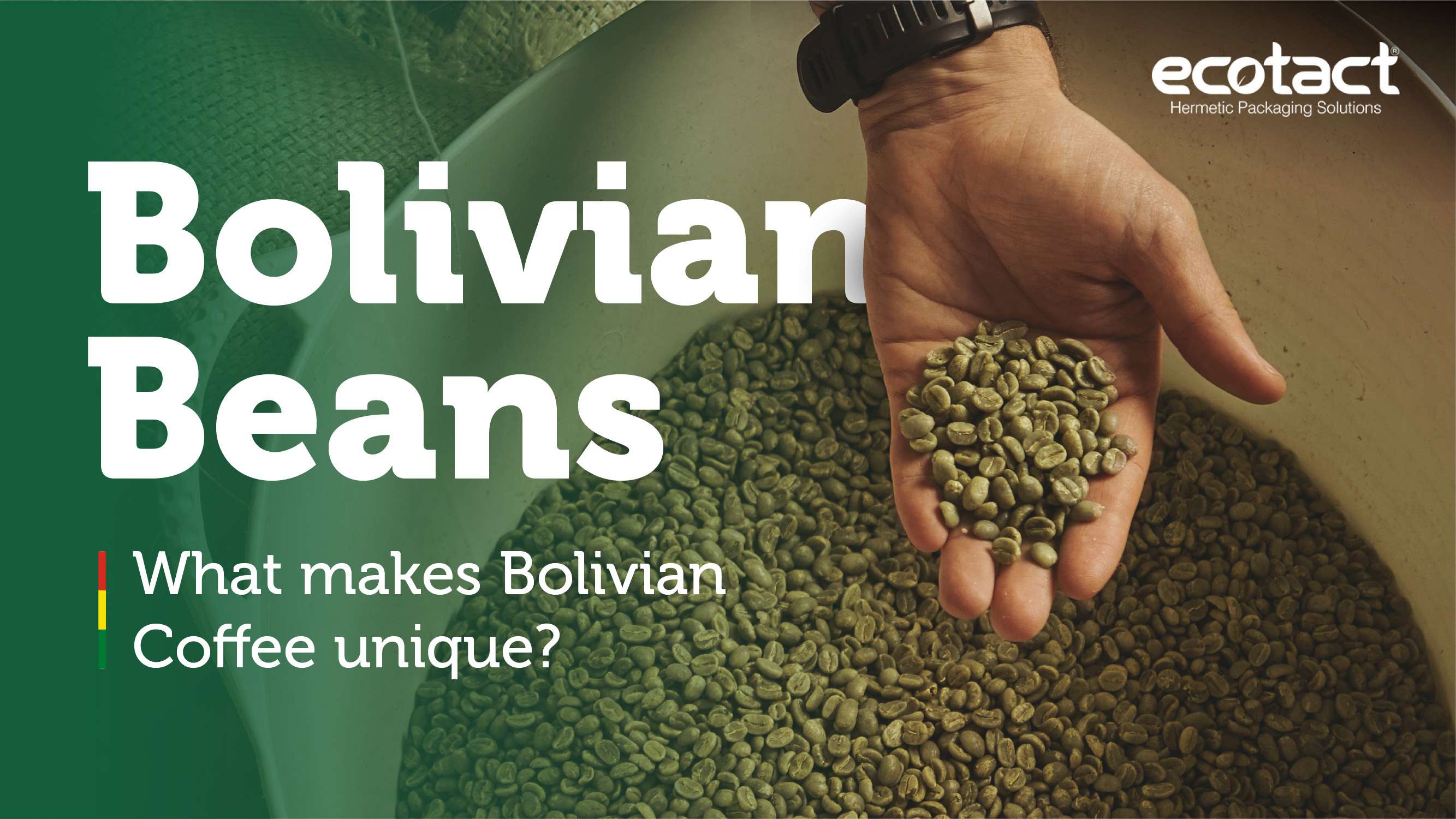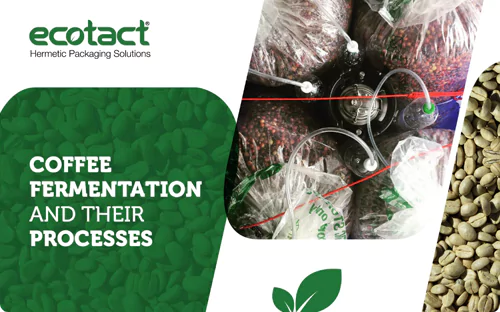Where did Bolivian coffee find its roots?
Bolivia’s story of coffee is unique and still unfolds itself with an anticipated bright future in the global coffee industry. The origin of Bolivian coffee was witnessed in a forested region at altitudes called the Yungas around the 1920s. This marked the beginning of Bolivia’s undiscovered coffee industry. Over 95% of Bolivian coffee is found to be produced in the Yungas. The coffee production is enclosed from all sides by Peru, Brazil, Argentina, and portions of the Andes mountains. Bolivia is the 74th largest exporter of coffee beans in the world. ($9.26 million)
The geographic matrix of Bolivian coffee production
While the Bolivian coffee is simply spectacular, the reason is rather distinct. One of the many reasons is that it’s the only coffee in the world produced at one of the highest elevations and lowest latitudes in nutrient-rich soil.
The medium-sized Bolivian coffee beans are grown in high altitudes of 1400-1600 meters above sea level making them ‘Strictly High Grown’. In stark contrast to other drier parts of Bolivia, Los Yungas has a complex ecosystem of flora and fauna that form a tropical and sub-tropical forest. Yungas translates to “warm valley” in the Aymara language, one that is built upon dense, lush-green forests with a highly steep elevation.
The harvest time in Bolivia spans from June to October. The Bolivian coffee beans are produced here in a rainy and humid climate, making it the perfect terrain for coffee cherries to mature gradually to perfection. The farmers make several visits to the farms to pick fully-ripened ones as the cherries mature at different rates.
The major challenge found is to dry out the coffee beans in a natural setup, hence, it needs to be performed manually. These specific conditions are the sole reason for producing the immaculate mandarine flavor in these coffee beans.
Understanding the flavors and taste of Bolivian coffee beans
When it comes to the flavor of Bolivian coffee, there are several characteristics that give a unique taste to Bolivian coffee. Daniela Rodriguez of Agri cafe, Bolivia says, "Our coffee stands out for its sweetness and complexity of flavors. The privileged geographical location of Bolivia makes our coffee plants grow in a diverse ecosystem. In Bolivia, coffee production is very low compared to other origins, and our coffee stands out for its high quality, This is why we call ourselves an exclusive origin."
Dominated by intricate, bold, and robust flavors, the coffee beans give off fruity notes like apples, pears, lemon, tangerine, berries and sugar cane along with the warm rich milk chocolatey hint and piquancy of red wine. Due to the challenges faced by the climatic conditions, the Bolivian coffee is mechanically cleaned and washed. The catch is, when coffee beans are washed, there is a slight difference in the taste they offer. What really happens is, when cleaned & washed, coffee offers more acidity. In short, the coffee beans are found with a clean structure, winey-acidity and citrus fruit-driven flavor notes. When it comes to coffee cupping in the Bolivian way, one goes through a strong aromatic experience of lemongrass with medium acidity.
"All origins are different, including two regions in the same country, so it is difficult to define a profile, the product is the same, but the result is different in flavor. Today, our coffee grows in Samaipata and Caranavi, both regions being in the extreme south have different geographical conditions (latitude, soils, climate, the people who produce the beans, light and winds). From this perspective, our coffees develop unique and different flavors in each of these regions. Samaipata coffee stands out for being powerful with a great personality, while in Caranavi it is always smiling, very fresh and sweet." mentions Daniela Rodriguez of Agri cafe, Bolivia.
Ecotact packaging and storage bags are designed to keep the richness intact with a farm-like freshness all the way to your cup of coffee. These ecological plastic bags are sturdy with Oxygen Transmission Rate (OTR) and Water Vapor Transmission Rate (WVTR), tending to zero, keeping the coffee aroma intact all along its global journey, ensuring people indulge in every flavor note of Bolivian coffee in the comfort of their homes.
 English
English
 Spanish
Spanish French
French


